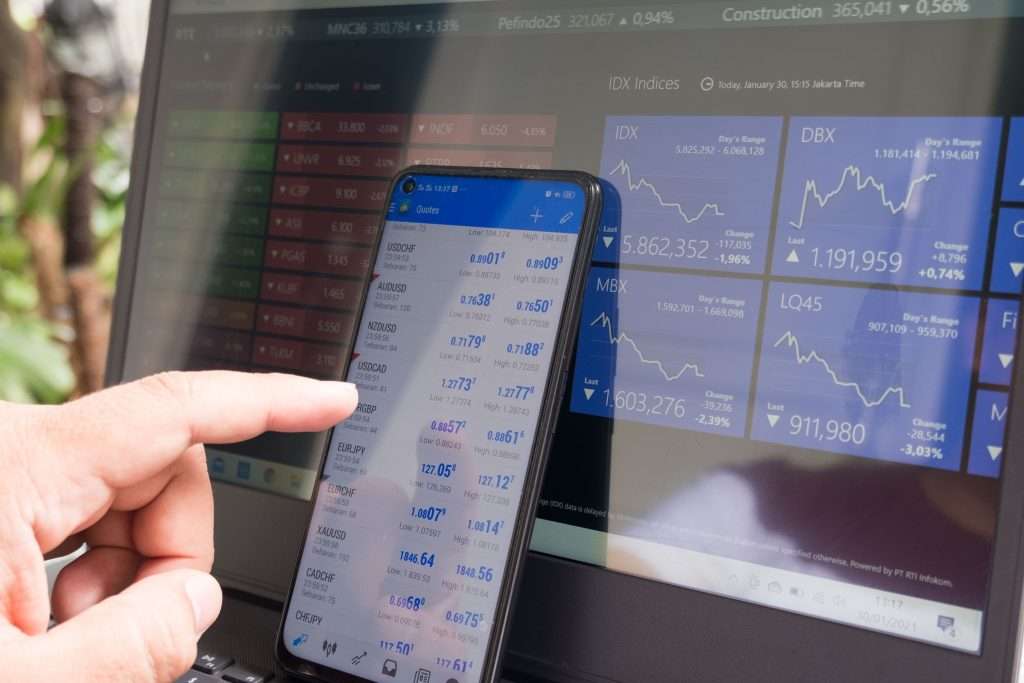Introduction
The global financial arena offers a myriad of avenues for investors seeking to tap into the world’s currency markets. Among the most prominent choices are currency futures and forex (foreign exchange), each presenting unique advantages and considerations. This article delves into a comprehensive comparison of these two trading instruments, empowering you to navigate the intricate terrain of currency trading and make informed decisions that align with your financial goals.

Image: tradingtwist.com
Currency Futures: Decoded
Currency futures, traded on regulated exchanges, are standardized contracts that obligate the buyer to purchase a specified quantity of a given currency at a predetermined price on a future date. These contracts offer several benefits, including:
- Standardization: Futures contracts are standardized in terms of the underlying currency, contract size, and expiration date, ensuring transparency and facilitating efficient trading.
- Leverage: Futures provide access to leverage, enabling traders to control a larger notional value with a smaller amount of capital. This can amplify gains, but also risks.
- Risk Management: Futures exchanges impose strict risk management protocols, such as margin requirements and daily price limits, helping to mitigate potential losses.
Forex: Unraveled
Forex, also known as FX, involves the decentralized, over-the-counter trading of currency pairs. Unlike futures, forex offers greater flexibility in terms of contract sizes and trade execution. Key features of forex include:
- Decentralized Market: Forex is traded globally, without a centralized exchange, allowing traders to access multiple liquidity providers and negotiate custom contracts.
- 24/7 Accessibility: The forex market operates 24 hours a day, five days a week, allowing for flexible trading around the clock.
- Leverage and Spreads: Forex brokers offer varying degrees of leverage, and traders pay transaction fees known as spreads, which can vary depending on the liquidity of the currency pair.
Comparing Benefits and Drawbacks
To help you make an informed choice, we’ve compiled a table highlighting the key benefits and drawbacks of currency futures and forex:
| Trading Instrument | Benefits | Drawbacks |
|---|---|---|
| Currency Futures | Standardization, Leverage, Risk Management | Lower Market Liquidity, Limited Flexibility |
| Forex | Greater Flexibility, 24/7 Accessibility, Lower Transaction Fees | Lack of Standardization, Less Regulation, Credit Risk |
:max_bytes(150000):strip_icc()/shutterstock_336563996.currency.cropped-5bfc31f146e0fb00517d194b.jpg)
Image: www.investopedia.com
Making the Right Choice: Which Instrument Suits You?
Choosing between currency futures and forex ultimately depends on your individual trading style, risk tolerance, and financial goals. If you prioritize standardization, leverage, and robust risk management, currency futures may be a suitable choice. For those seeking greater flexibility, 24/7 accessibility, and potentially lower transaction costs, forex could be a viable option.
Trading Currency Futures Vs Forex
Conclusion
Navigating the currency trading landscape requires a comprehensive understanding of the available instruments. Currency futures offer standardized contracts and leverage, while forex provides greater flexibility and 24/7 accessibility. By carefully weighing the benefits and drawbacks of each instrument and aligning your choice with your specific trading needs, you can unlock the potential of the world’s largest financial market and embark on a rewarding journey in currency trading.






